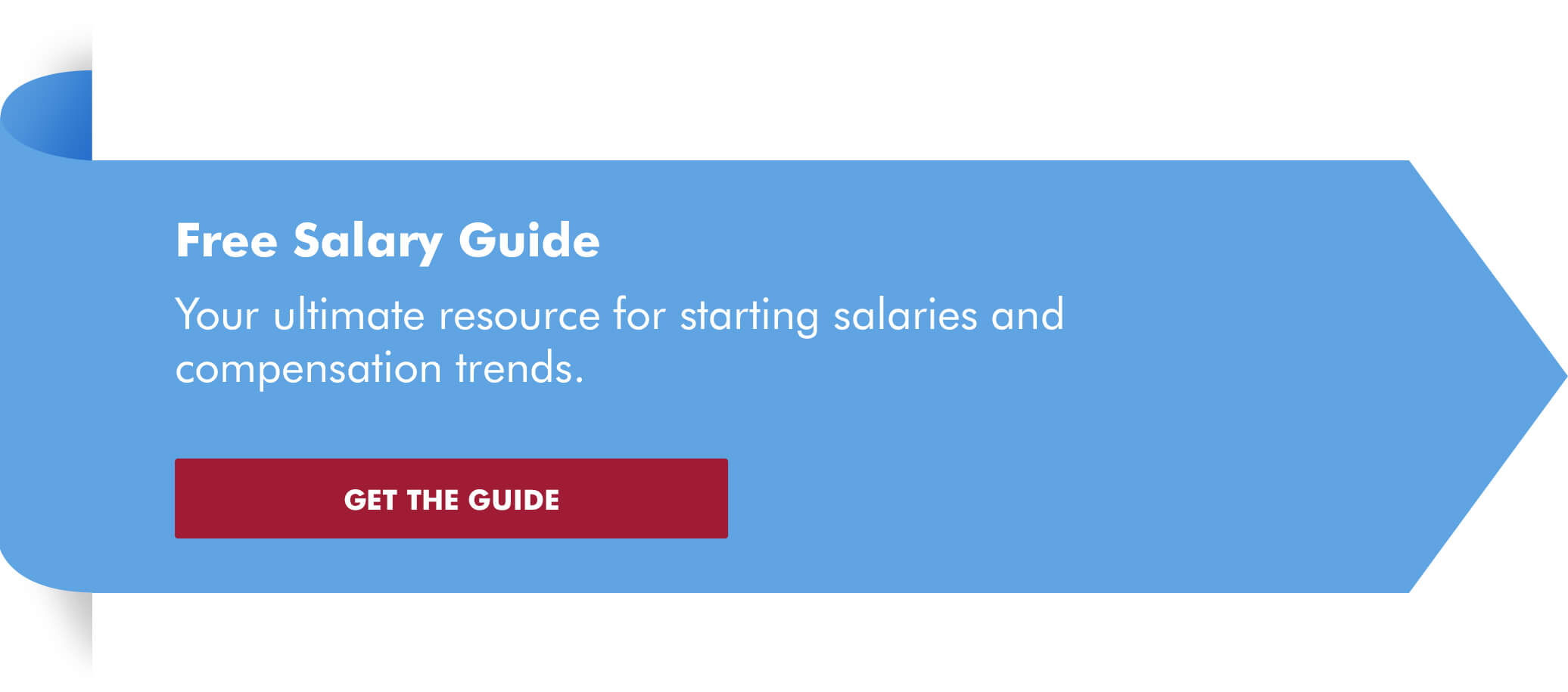Employers of all types are in hot pursuit of skilled business analysts to help them support big data-related initiatives and to improve fiscal efficiency. But they’re also very discerning when selecting these professionals for their team. So it’s important for business analysts to make sure their resume stands out from the crowd.
Here are a few essential business analyst resume strategies to consider:
1. Shine a spotlight on technology skills
Business analysts arrive at their career path by many different routes. This gives you latitude to include a broad range of technology skills on your resume, in addition to highlighting your finance experience.
For example, SharePoint expertise is highly desirable for business analysts to possess. So, too, is experience with:
- Programming languages, such as C#, Java, SQL and .NET
- Big data warehousing systems and analysis
- Database software, like Microsoft SQL Server, Oracle and DB2
- Enterprise resource planning (ERP) system deployment
- Excel and/or SAP BusinessObjects
2. List in-demand certifications
Credentials you have earned in your business analyst career can distinguish you further. The following certifications from The International Institute of Business Analysis (IIBA) are examples of the types of credentials many employers seek:
-
The Certification of Competency in Business Analysis (CCBA) requires a minimum of 3,750 hours of experience working as a business analyst. Preparation for this certification includes continuing education courses and securing appropriate professional references.
-
The Certified Business Analysis Professional (CBAP) designation is a more strenuous undertaking, requiring 7,500 hours of field experience. Both this certification and the CCBA require thorough knowledge of the IIBA’s Business Analysis Body of Knowledge (BABOK) publication.
Your business analyst resume may stand out even more if you have earned the Project Management Institute’s Professional in Business Analysis (PMI-PBA) certification. The PMI-PBA is a newer credential that is focused on project management; it shares requirements with the CBAP certification.
3. Underscore interpersonal abilities
The ability to integrate client and consumer information from multiple departments and analyze big data plays an important role in a business analyst’s duties. However, soft skills are also valuable, as business analysts need to interact with a wide range of departments and share big data insights in a consumable way for nontechnical audiences.
Some soft skills that employers will look for in business analysts include collaboration, communication, critical observation and problem-solving abilities. If you’re not sure what skills to highlight in your business analyst resume, ask a trusted colleague or mentor for their opinion on which nontechnical abilities are your strong suit.
Also, don’t simply list types of soft skills in your business analyst resume: Look for opportunities to mention specific ways that you’ve applied your interpersonal abilities to drive positive outcomes in the workplace.
Find out what employers need
Now is an excellent time to polish your business analyst resume and start exploring your options in the employment market. According to the Robert Half Salary Guide for Accounting and Finance, business analysts, financial analysts and business intelligence analysts are all in high demand.
Once you’re satisfied your business analyst resume is ready for prime time, investigate the types of positions that businesses in your area are looking to staff. Current job descriptions will give you a good sense of which skills to underscore in your resume and cover letter — and help you determine if you need more training before applying for certain roles.
You also might want to consider working with a staffing firm that specializes in placing business analysts for project-based and consulting assignments. Recruiters will be especially attuned to the types of skills leading employers are seeking right now. Staffing specialists can also help you to fine-tune your resume and search for a position that best matches your qualifications








